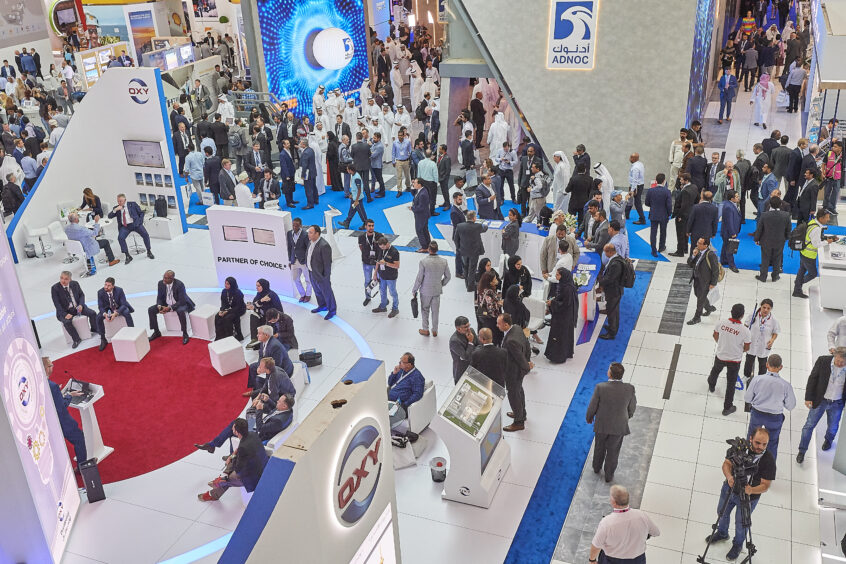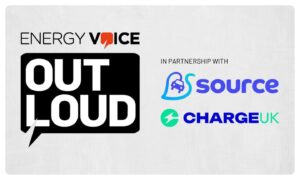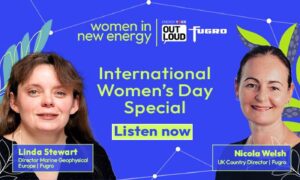
ADIPEC is now receding into the past and COP28 is upon the energy industry, highlighting many of the questions around how the world can – and must – adjust.
The discussions at ADIPEC, held in Abu Dhabi in early October, highlighted many of the issues in the mix at COP28, in Dubai.
Delegates at both events have the goal of net zero, and tackling climate change, in their sights. Complicating these discussions, though, are concerns around energy access, around financing, around equity, around sustainability – and how to deliver on all these fronts at the same time.
Charlotte Wolfe-Bye, chief sustainability officer at Petronas, noted the changes in Malaysia, as people move into the middle class.
“The real challenge is, how do you decouple economic growth from emissions growth?” Wolfe-Bye asked. Malaysia, she continued, sits in a strong position but has growth ambitions.
Co-operation
“For the country to succeed in this, and I think just like any other country, we need sector pathways’ regulation that is conducive and supportive, as you’re developing new value chains, but also we need greater regional co-operation, especially if we want to benefit from enormous growth in renewables.”
Thailand has sunshine and Vietnam has wind, she continued. If the region could find a way to improve integration, there may well be benefits.
While cross-border links can bring positives, they can be politically challenging – although so too can domestic infrastructure.
As plans evolve into reality, connecting up new generation is a major challenge, as can be seen with some of the challenges facing offshore wind.
Such expansion does not all come easily, Ben Cahill, senior fellow at the Centre for Strategic and International Studies (CSIS), speaking on the episode.
“One issue, particularly in the US and Europe, is that adding resources to the grid is tough. We have in the United States what’s called an interconnection queue,” Cahill said. All those looking at this puzzle see it as a complicated challenge, he continued, but are just “teething pains”.
“I don’t know anyone who thought this transition would be quick and easy, right? I mean, we’re talking about the transformation of global energy systems on a massive scale. We’ve never done this before and we have to get moving quickly,” Cahill explained.
Financing
Higher interest rates are having an impact on the energy transition plans, he noted. Project developers had agreed to move ahead with plans under one set of assumptions. These have changed as borrowing costs have increased. “Offshore wind is an area where these challenges are really apparent.”
The question of financing is going to be crucial in delivering the world’s wider energy transition needs. Developed nations are often seen as reducing financial capacity for traditional fossil fuel projects, while not fully delivering on funds for low-carbon projects.
“Financial regulators, as they develop taxonomies, need to be cognisant of the transition and also need to reflect that every country has its unique circumstances,” Petronas’ Wolfe-Bye said.
“While we are all aiming for 2050 net zero carbon emission goal, there will be different ways of getting there,” she continued. Tackling the problem will need more nuance and a move away from a simplistic view of the world.
Speaking ahead of COP28, the Petronas official said there was a need to move from pledges and ambition. “Now it’s about the real economic actors coming together [and] really looking at how can we unlock value chains, what are the real stumbling blocks and how can we open up new opportunities and drive accelerated action – and scale.”
Cahill also noted a changed set of circumstances around this COP, not least its location in the Middle East. “There’s also a real desire to give more voice to the Global South. There are a lot of concerns about equity and about costs. These are difficult issues to deal with at the big climate conferences.”
Listen to Road to ADIPEC episode 4 now, by following this link.









